Biden calls on countries to cut Iran oil imports ahead of Vienna talks
US President Joe Biden has said there are sufficient supplies of petroleum worldwide so other countries can reduce what they buy from Iran.
Biden's remarks are potentially construed as an impediment to the progress of the forthcoming round of negotiations on the removal of anti-Tehran sanctions at the Austrian capital of Vienna.
Biden made the comments in a memo to the State Department on Friday as the US government needs to give assurance every six month that there is enough oil supply globally to maintain sanctions against the Islamic Republic.
"Consistent with prior determinations, there is a sufficient supply of petroleum and petroleum products from countries other than Iran to permit a significant reduction in the volume of petroleum and petroleum products purchased from Iran by or through foreign financial institutions," the US president said in the memo.
The sanctions were put in place during the former US President Barack Obama's administration in 2012.
Obama's successor, Donald Trump, later reimposed other sanctions on Iran’s oil and petrochemical products, which were aimed at cutting off its oil supply to other countries. The Trump administration also urged other oil-producing countries to raise their oil output to compensate for drop in Iran’s oil supply.
Biden's statement comes ahead of a virtual meeting with China's President Xi Jinping on Monday, in what is expected to be the two presidents’ most extensive meeting since Biden took office.
China is the largest purchaser of Iranian oil, averaging purchases of more than 500,000 barrels a day over the last three months.
Chinese purchases of Iranian crude have continued this year despite sanctions that, if enforced, would allow Washington to cut off those who violate them from the US economy.
The United States has recently resorted to pirating Iranian oil cargoes as it has failed in its various attempts to cut the country’s oil exports to zero through its regime of sanctions.
Iran's Islamic Revolution Guards Corps (IRGC) said on Wednesday that it had prevented a piracy attempt on an Iranian oil cargo traveling in the sea of Oman last month.
IRGC’s Navy released videos showing its servicemen had boarded a ship that was carrying Iranian oil just before an alleged attempt by US forces to confiscate the tanker.
The new oil-related sanctions by Biden would complicate the upcoming negotiations with Iran over the removal of US sanctions as part of obligations to the 2015 nuclear deal that would allow Tehran to sell its oil openly again.
The Joint Comprehensive Plan of Action (JCPOA) was unilaterally abandoned by the US in 2018 despite Iran’s full compliance with its nuclear undertakings, as repeatedly certified by the UN nuclear agency. The US then unleashed a “maximum pressure” campaign against Iran, which practically deprived the country of all of the deal’s economic benefits.
Iran fully honored its nuclear obligations for an entire year, after which it decided to ramp up its nuclear work as a legal “remedial measure” against the US violation of the deal and the abject failure on the part of the other signatories, the E3 in particular, to safeguard its benefits.
Envoys from Iran and the P4+1 are expected to hold the seventh round of discussions in Vienna on November 29. The negotiations were paused in June, when Iran held its presidential election. Since then, the new Iranian administration has been reviewing the details of the six rounds of discussions held under the previous administration.
The Biden administration has said it is willing to compensate for Trump’s mistake and rejoin the deal, but it has shown an overriding propensity for maintaining some of the sanctions as a tool of pressure. Tehran insists that all sanctions should first be removed in a verifiable manner before it reverses its remedial measures.
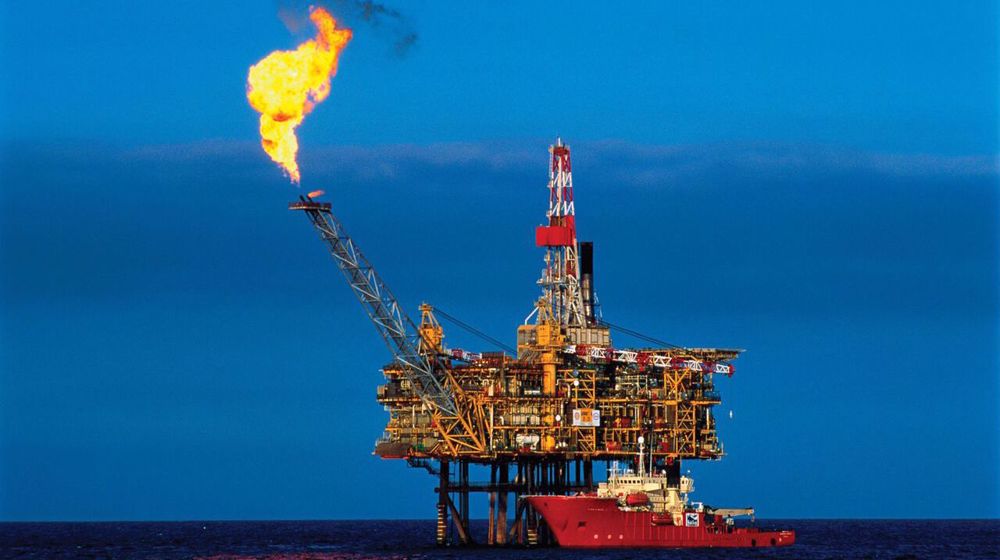
Iran’s daily sweet gas production peaks at 870 mcm: NIGC
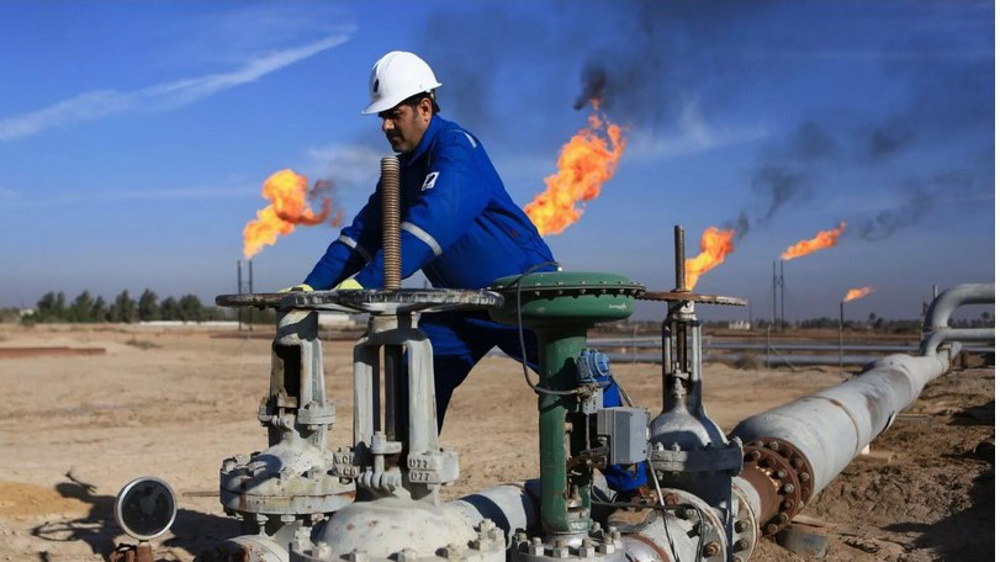
Iraq denies it is resuming oil exports from Kurdistan under US pressure
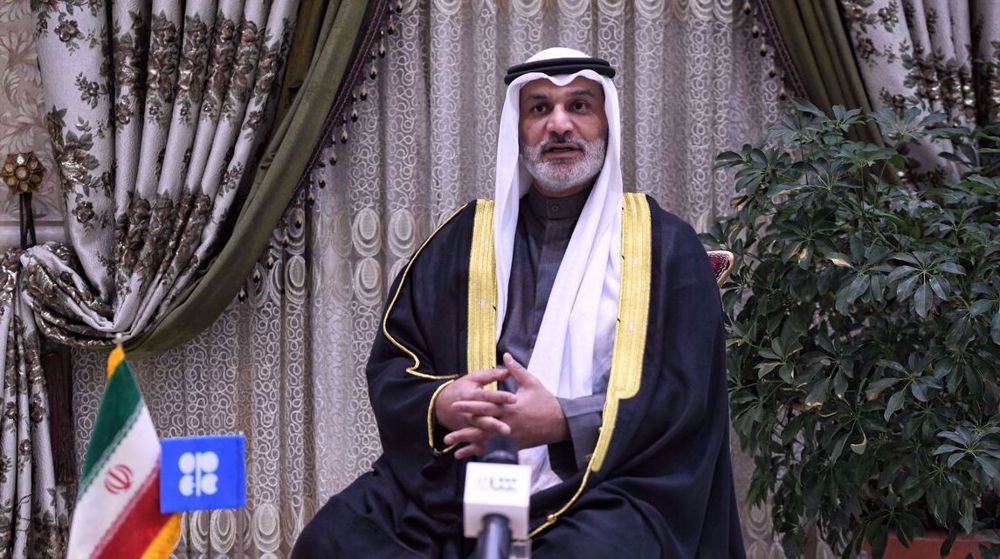
‘Petroleum demand will rise despite global push for renewables’
Iran's freestyle wrestling team clinches championship title in Albania ranking series
Trump seeks sweeping cuts to State Department: Report
VIDEO | Iran, Pakistan strengthen media cooperation to foster cultural ties
VIDEO | BRICS workshop in Tehran strengthens innovation, cooperation
Iran condemns deadly bombing in Pakistan, stresses regional unity to fight terror
Jordanians rally en masse to censure Trump's Gaza takeover plan
VIDEO | Press TV's news headlines
Iraq asserts commitment to security agreement with Iran


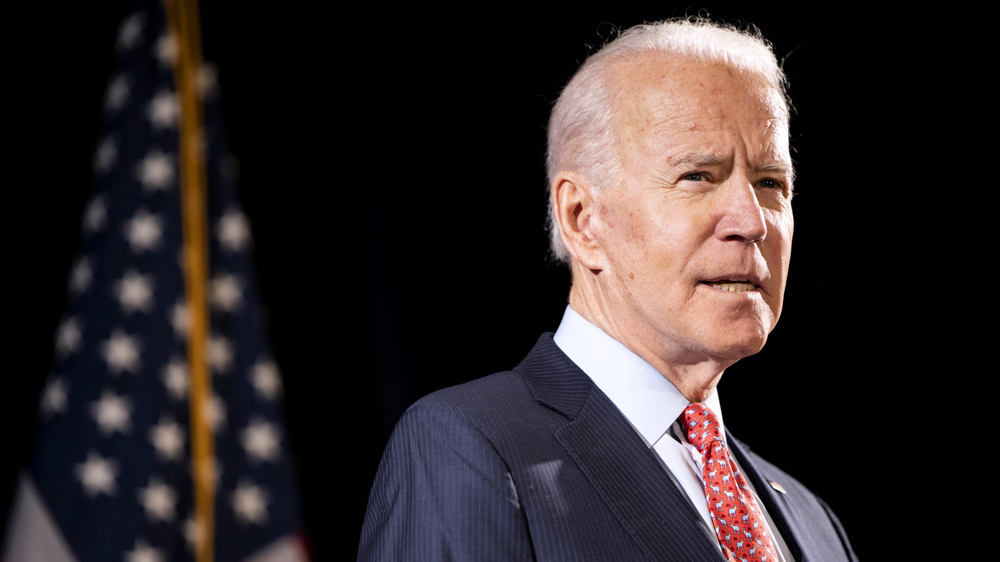

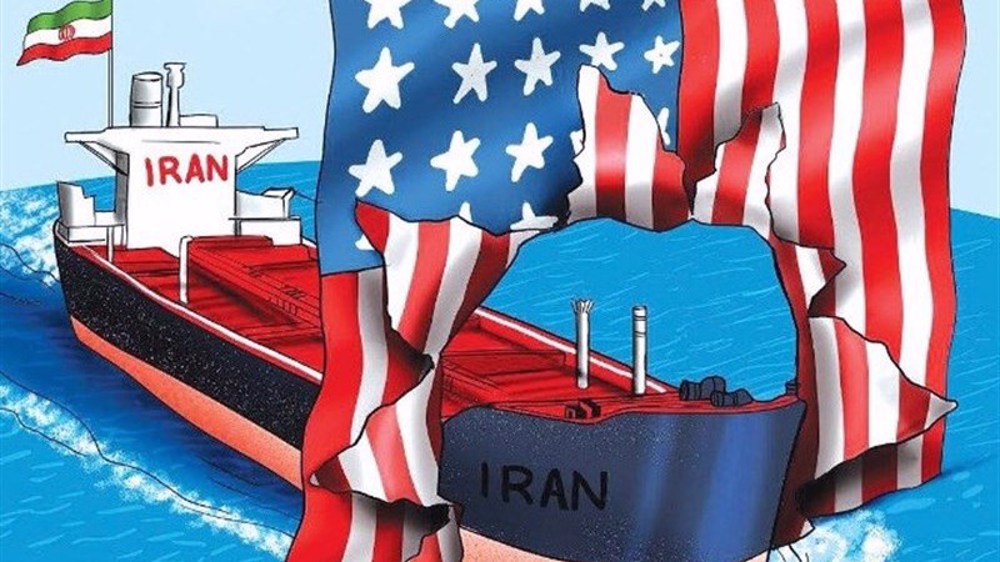




 This makes it easy to access the Press TV website
This makes it easy to access the Press TV website